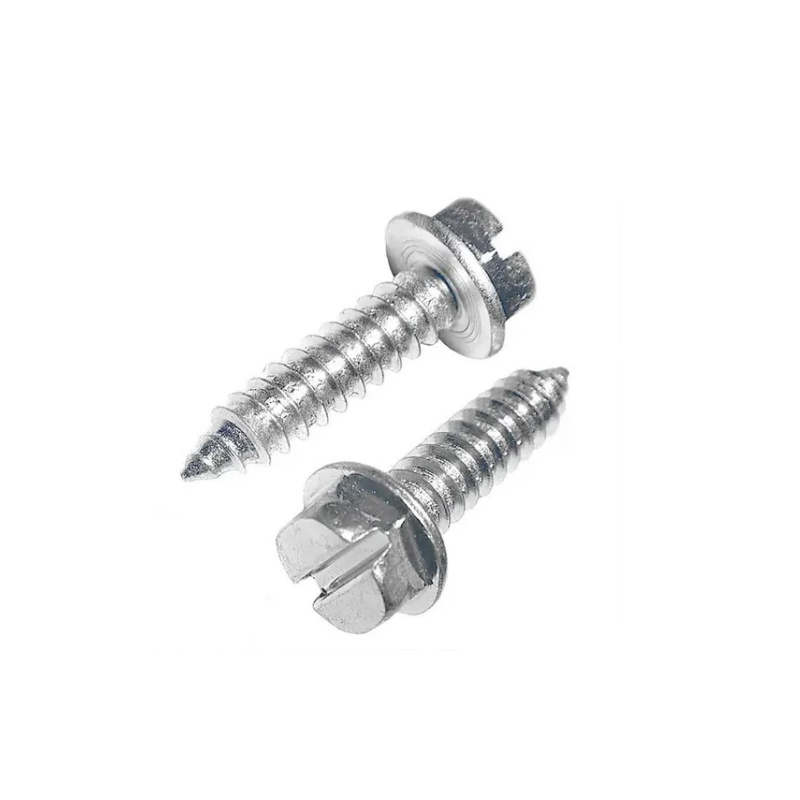Choosing the Ideal Screws for Drywall Installation and Durability
The Best Screws for Drywall A Comprehensive Guide
When it comes to hanging drywall, choosing the right screws is crucial for achieving a sturdy and long-lasting installation. Drywall screws are specifically designed to handle the unique materials and conditions they face. This article will explore the best screws for drywall applications, considering factors such as types, sizes, and features that make them ideal for your project.
Types of Drywall Screws
There are two primary types of screws used for drywall installation coarse-thread screws and fine-thread screws
.1. Coarse-Thread Screws Coarse-thread screws are typically best for attaching drywall to wood studs. They feature a wider, spiraled design that provides a secure grip in softer materials. Their larger threads enable them to bite into the wood more effectively, preventing the screw from stripping and ensuring a solid hold.
2. Fine-Thread Screws On the other hand, fine-thread screws are more suitable for metal studs. They have smaller threads that allow for better engagement with metal, reducing the risk of the screw snapping. Fine-thread screws are ideal for applications where precision is critical, and they help prevent any deformation of the drywall material.
Size Matters
The size of the screws is another critical element in drywall installation. Generally, drywall screws come in lengths ranging from 1 inch to 3 inches. For standard 1/2-inch drywall, a 1-1/4 inch screw is typically recommended. For thicker boards, such as 5/8-inch drywall, you might opt for a 1-5/8 inch screw. It's essential to select the correct length to ensure the screw penetrates the framing adequately without risking damage to the drywall.
odm best screw for drywall

Features to Look For
When selecting screws for drywall, keep an eye out for specific features that enhance their performance
1. Bugle Head Design Most drywall screws feature a bugle head that sinks into the surface of the drywall without tearing the paper face. This design not only provides a flush finish but also helps to create a more secure connection.
2. Phillips Head The majority of drywall screws are designed with a Phillips head, which allows for better torque transfer and reduces the likelihood of cam-out during installation. This feature makes it easier to drive screws into the material with precision.
3. Corrosion Resistance If your drywall installation is in a moisture-prone area, consider using screws with a corrosion-resistant coating, such as phosphate or galvanized finishes. These screws are designed to withstand damp conditions without rusting, ensuring longevity and durability.
Conclusion
Selecting the right screws for drywall installation is vital for the strength and integrity of your project. Coarse-thread screws are best for wood studs, while fine-thread screws excel with metal studs. Pay close attention to the screw size, features like bugle heads and corrosion resistance, and you’ll be well on your way to achieving a seamless and effective drywall finish. By investing in quality drywall screws, you ensure that your work will withstand the test of time and the rigors of everyday use. Whether you are a DIY enthusiast or a professional contractor, understanding these key principles will elevate your drywall projects.
-
Top Choices for Plasterboard FixingNewsDec.26,2024
-
The Versatility of Specialty WashersNewsDec.26,2024
-
Secure Your ProjectsNewsDec.26,2024
-
Essential Screws for Chipboard Flooring ProjectsNewsDec.26,2024
-
Choosing the Right Drywall ScrewsNewsDec.26,2024
-
Black Phosphate Screws for Superior PerformanceNewsDec.26,2024
-
The Versatile Choice of Nylon Flat Washers for Your NeedsNewsDec.18,2024










